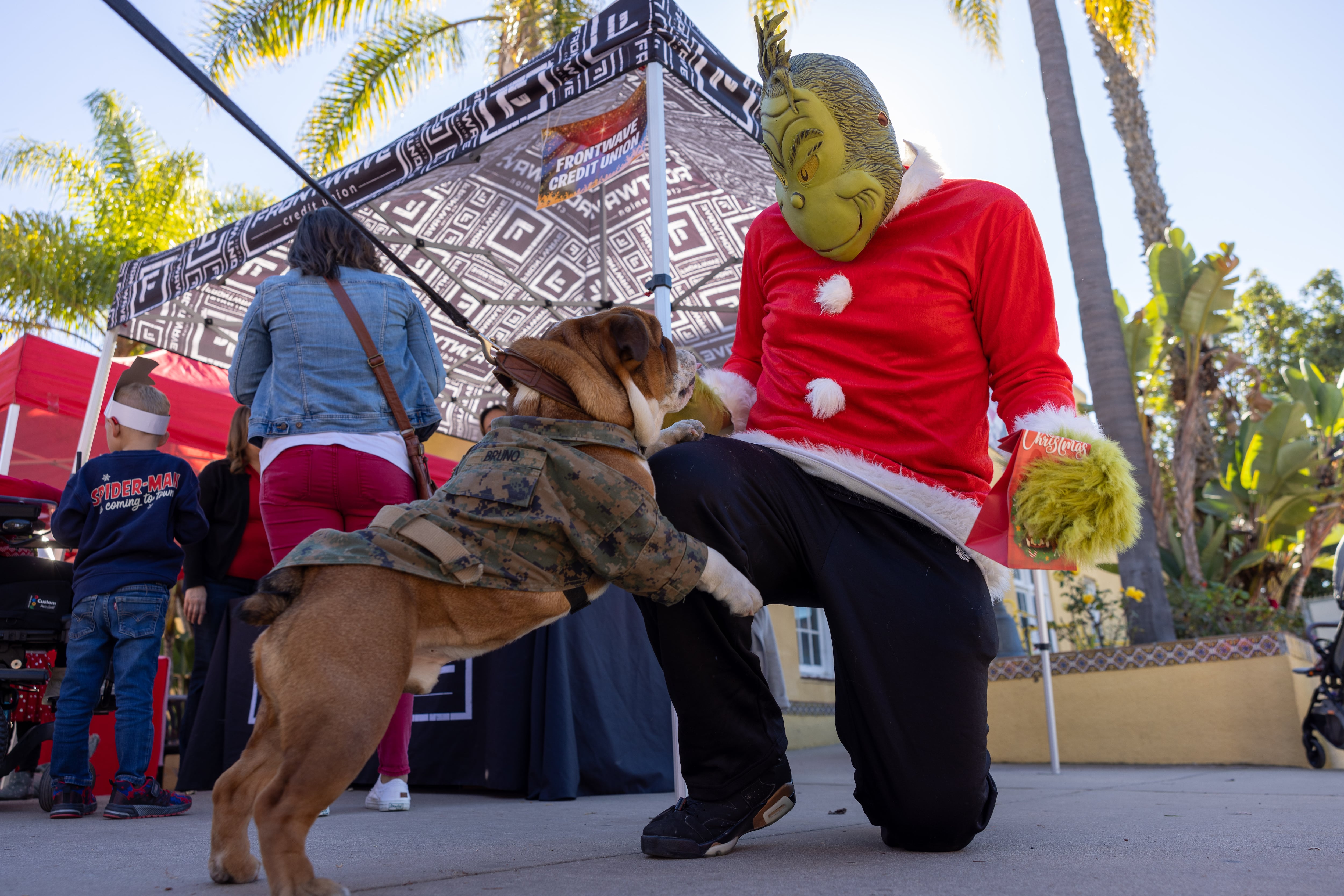The commandant of the Marine Corps recently talked about the need to get away from relying on "Gucci gear."
One interpretation of "Gucci gear" is all the recent technological advancements in warfighting equipment. Although highly useful, the current reliance on gadgets and technology is causing gaps in "old school" skills like land navigation, range estimation and basic field craft, ultimately reducing the situational awareness of the individual Marines.
This is where Combat Hunter fills the gap.
The Combat Hunter Trainer Course teaches Marines to use what they already possess, no batteries required. Tracking down a quarry, or simply reading the ground to determine if people have traveled through an area, can only be done with the eyeball. Determining a person's intent and acting before an event occurs is life-saving and uses what we already have — our eyes.
Observation, tracking, and profiling can be used on every patrol and they are skills each of us are born to do. They require no equipment batteries, no upgrades and no satellites to use. The Combat Hunter Trainer Course at North Carolina's School of Infantry-East exposes Marines to these skills and, in three weeks, enables them to use these skills effectively. During the Combat Hunter Trainer Course, Marines are trained as hunters to rely on their own inherent human capabilities to develop situational awareness and make better choices on the battlefield.
These skills can be employed in numerous tactical contexts. Combat Hunter-trained Marines conducting a perimeter defense patrol is trained, while in the defense and at stand-to, to look for unfamiliar footprints and signs of probing. A sniper with Combat Hunter training, when selecting his position for a hide, searches the area to ensure he is fully aware of the local patterns of life. A patrol trained in this way quickly builds a baseline of the area and constantly scans for threats, taking note of any flags, graffiti, places where locals avoid, the atmospherics, and people who look or act out of place. There are many ways these skills can be used, and not just by infantry Marines.
While gadgets have simplified our daily lives and made the tough things easier, there is still not an app that can do what the eyeball and brain do. Combat Hunter refines troops' knowledge of what to look for, what to observe, and more importantly, when to act.
As a species, tracking and profiling kept us safe for thousands of years. Over the past eight years, these skills have saved lives, both in combat and while home on liberty.
On today's battlefield, the enemy is no longer someone wearing a uniform. With increasing frequency, lone wolf attacks happen abroad and right here at home. The Combat Hunter Trainer Course teaches Marines to recognize human behaviors in order to predict when the enemy will attack, and take action so that the act is not committed. Overall, it teaches Marines to access their own inherent awareness skills to keep themselves safe and to contact, kill or capture the enemy without relying on any type of technological advantage.
Be the hunter, not the prey.
Gus Mingus is a retired Force Recon Marine and infantry officer who currently teaches profiling as an instructor at Combat Hunter, School of Infantry-East, Camp Geiger, North Carolina. Opinions expressed in this commentary are his own.
Combat Hunter
"No Batteries Required"
James "Gus" Mingus
131 Mystic Ridge Rd
Sneads Ferry, NC 28460
James.mingus.ctr@usmc.mil
He can be reached at (910) 449-0492 or james.mingus.ctr@usmc.mil.





